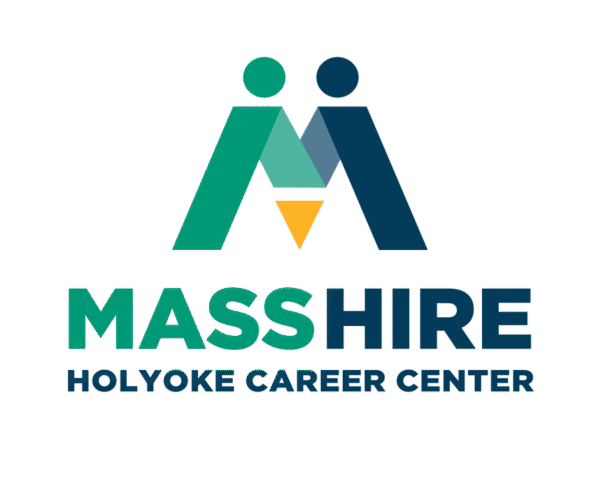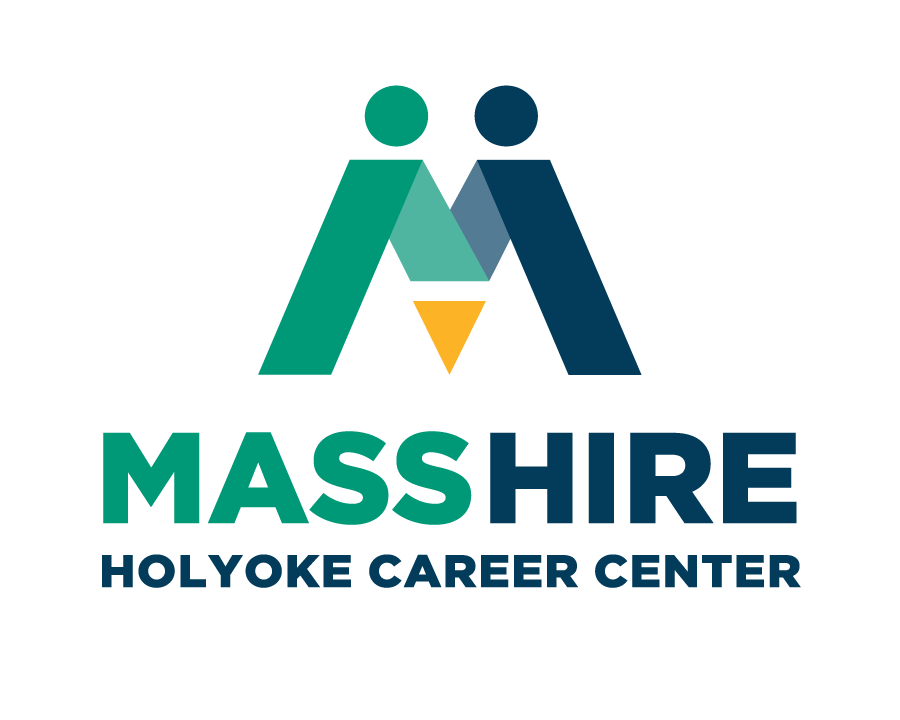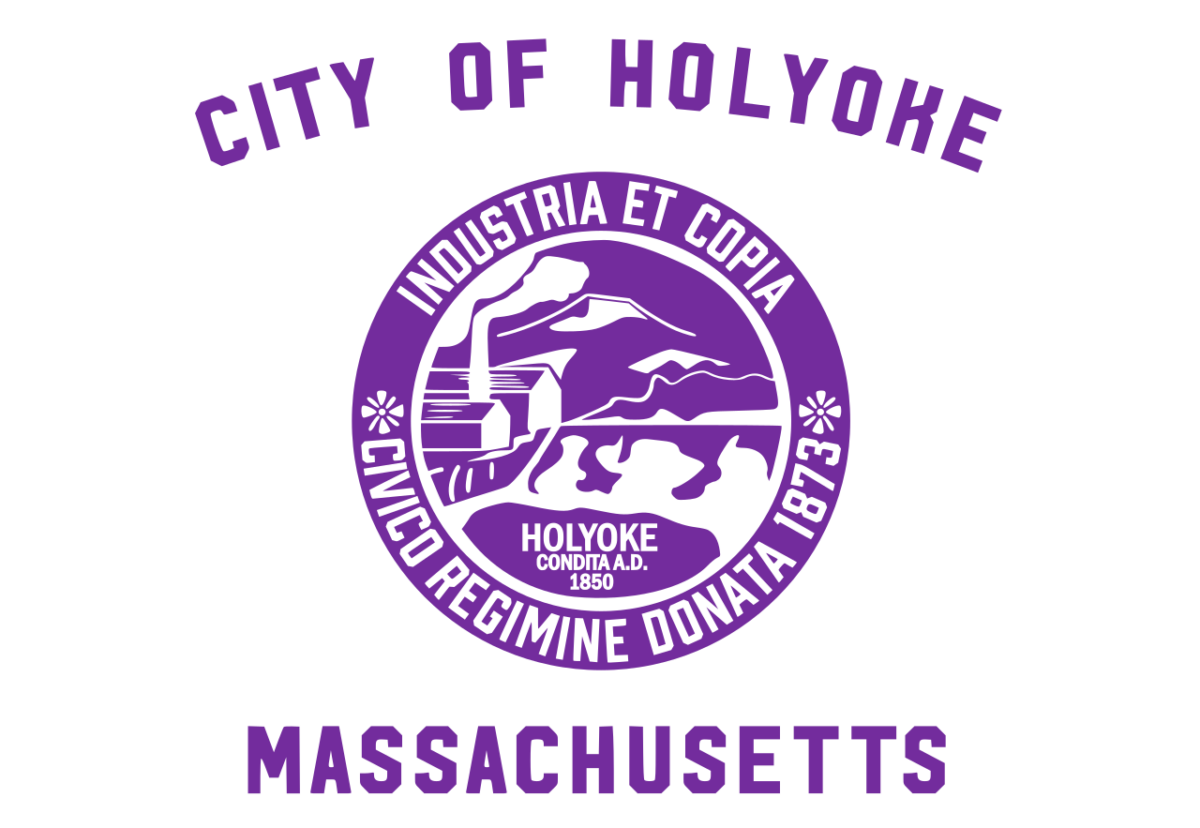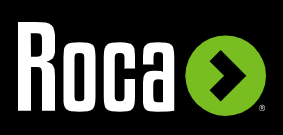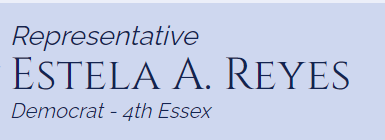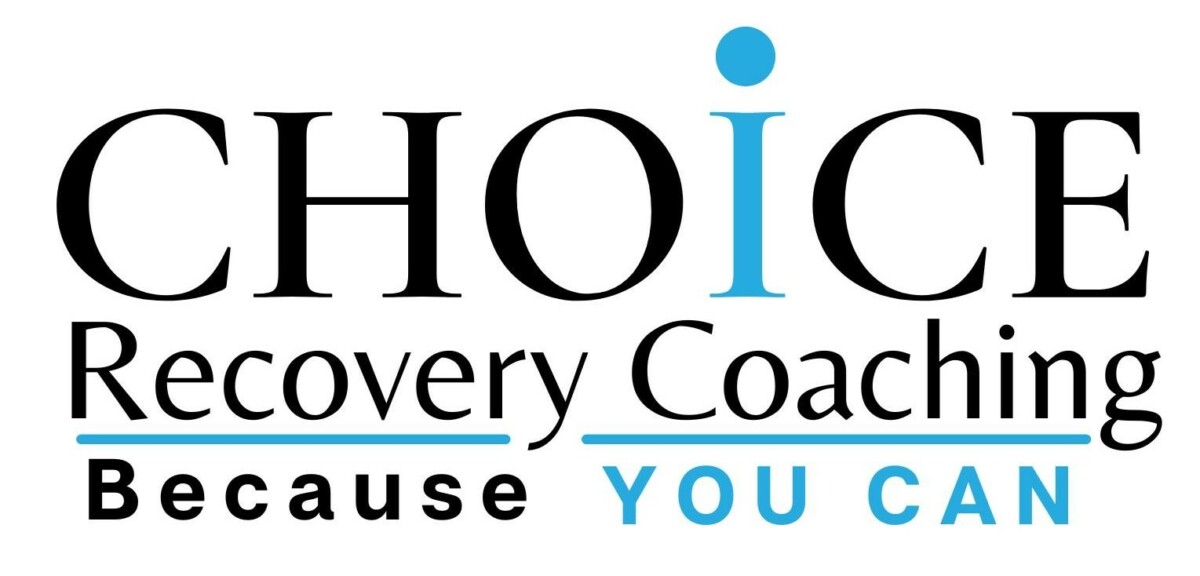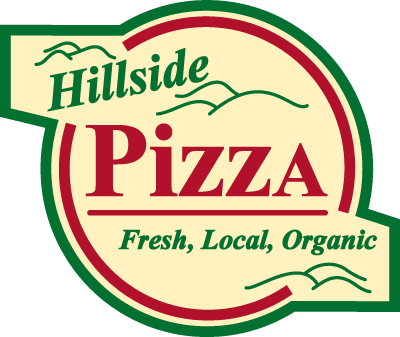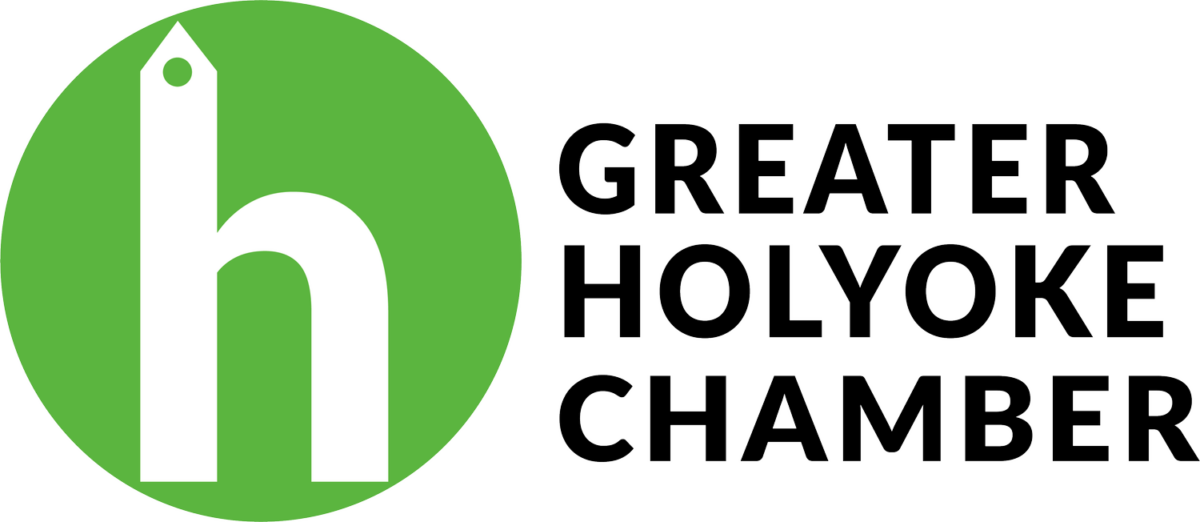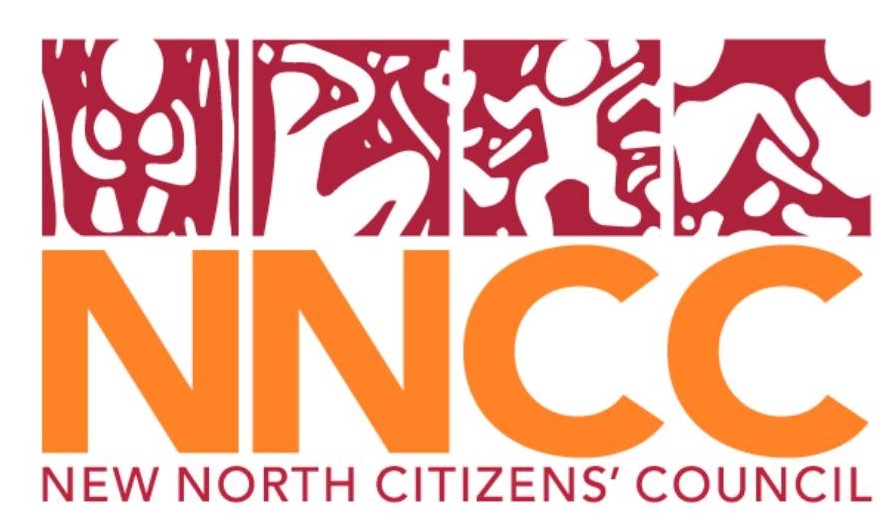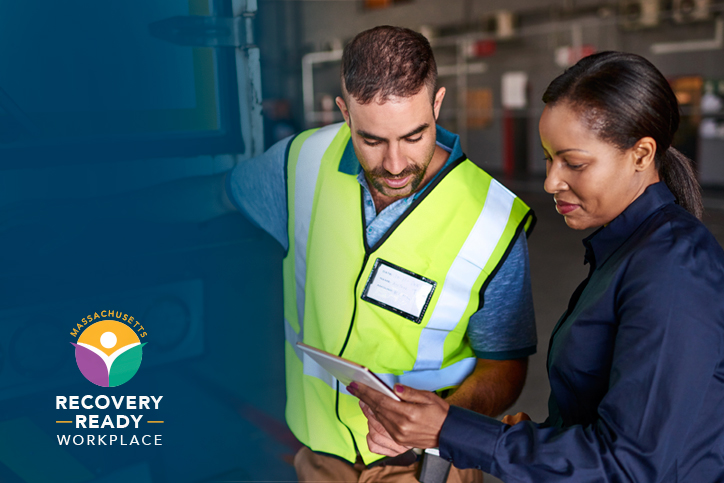
WHAT IS RECOVERY
22 million Americans identify themselves as people in recovery. Long-term recovery is possible and happens all the time!
Stopping the use of substances is only one part of living a life of recovery. Recovery is a process of change through which a person improves their health and wellness, lives a self-directed life, and strives to reach their full potential. There are many pathways to recovery. Some people take medication, some go to mutual support meetings like Alcoholics Anonymous (AA), some go to counseling or therapy, others try holistic treatments.
A person’s recovery journey is as unique as they are. However, there are four important areas that support a life in recovery: health, home, purpose, and community.
SAY THIS! NOT THAT!
Sometimes we may use stigmatizing language and not even realize we’re doing it. Words matter. Try some of the replacements listed below.

Are You Interested in Becoming a Recovery Ready Workplace?
Questions?
Contact Ramona
413-427-3498
rreno@masshireholyoke.org
